FDA Approves Sotorasib and Panitumumab Combo for KRAS G12C+ Colorectal Cancer
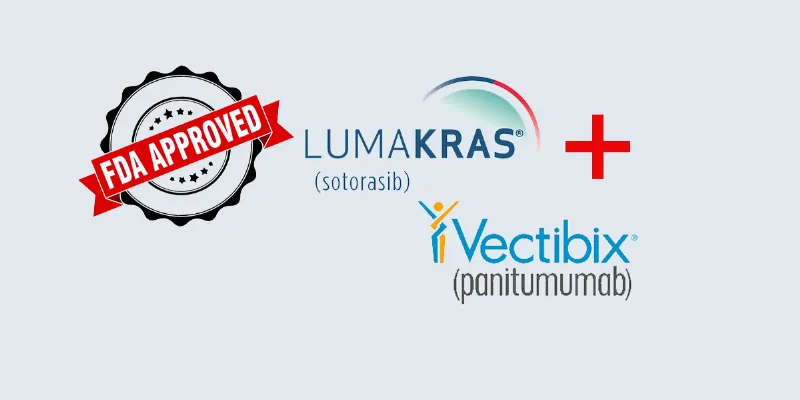
17 January 2025
The U.S. FDA has approved a novel combination therapy using Lumakras® (sotorasib) and Vectibix® (panitumumab) for adults with KRAS G12C-mutated metastatic colorectal cancer (mCRC). This innovative approach, targeting both KRAS and EGFR pathways, significantly improves progression-free survival (PFS) compared to standard therapies, and providing a crucial option for patients with limited treatment options.
The approval is based on results from the CodeBreaK 300 clinical trial, and the FDA’s use of the Real-Time Oncology Review (RTOR) program facilitated the process. This approval offers a crucial option for patients whose disease has progressed despite prior treatments, emphasizing the importance of biomarker testing in improving outcomes for patients with advanced colorectal cancer.
A New Era in Colorectal Cancer Care
"In metastatic colorectal cancer, KRAS mutations are historically associated with worse mortality rates and inferior outcomes compared to non-mutated tumors, and standard treatment options have shown minimal benefit,” said Dr. Marwan G. Fakih, primary investigator of the CodeBreaK 300 trial. “Designed for dual blockade of KRAS G12C and EGFR pathways, the combination of sotorasib plus panitumumab provides a needed new treatment option to better overcome cancer's escape mechanisms.”
The Breakthrough
The CodeBreaK 300 clinical trial, a randomized, open-label, controlled study, evaluated the efficacy of a combination therapy for patients with KRAS G12C-mutated metastatic colorectal cancer (mCRC) who had previously received fluoropyrimidine-, oxaliplatin-, and irinotecan-based chemotherapy. Patients treated with Lumakras® and Vectibix® achieved a median progression-free survival (PFS) of 5.6 months compared to 2 months in the standard-of-care (SOC) group, reflecting a 52% reduction in the risk of disease progression.
Furthermore, the overall response rate (ORR) was 26% for the combination therapy, compared to 0% in the SOC arm. Although the study was not statistically powered to determine overall survival (OS), the combination therapy showed promising trends, with the median OS not reached during the trial.
"Colorectal cancer is the third leading cause of cancer-related deaths in the US, and fewer than one in five people diagnosed with metastatic disease survive beyond five years after diagnosis," said Dr. Jay Bradner, EVP of Research and Development at Amgen. “LUMAKRAS plus Vectibix offers a targeted, biomarker-driven combination therapy that helps delay disease progression more effectively than the investigated standard of care.”
Mechanism of Action
The combination therapy disrupts two key cancer pathways: KRAS G12C inhibition by Lumakras and EGFR blockade by Vectibix. Together, these mechanisms overcome resistance that limits single-agent therapies, providing a more effective option for chemorefractory mCRC.
KRAS mutations are present in about 3-5% of colorectal cancer cases. Patients with the KRAS G12C mutation can now be identified using the FDA-approved therascreen KRAS RGQ PCR kit, enabling tailored treatment decisions.
This targeted approach is particularly critical in mCRC, where prognosis remains poor. Patients with chemorefractory KRAS G12C-mutated mCRC typically have limited treatment options, with standard therapies yielding median overall survival of less than one year and response rates under 10%.
Safety Profile
The most common side effects (≥20%) for sotorasib 960 mg/panitumumab were rash (87%), dry skin (28%), diarrhea (28%), stomatitis(26%), fatigue (21%), and musculoskeletal pain (21%). The most common Grade 3-4 laboratory abnormalities in ≥ 2 patients were decreased magnesium, decreased potassium, decreased corrected calcium, and increased potassium.
As colorectal cancer remains a leading cause of cancer mortality worldwide, continued advancements in targeted therapies and biomarker-driven approaches promise hope for patients facing advanced disease. The approval of Lumakras and Vectibix signals a paradigm shift in treating KRAS G12C-mutated cancers.
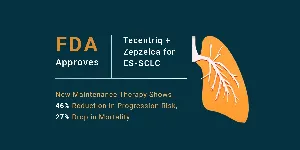


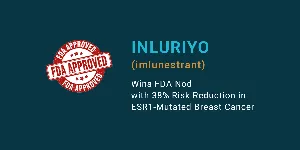

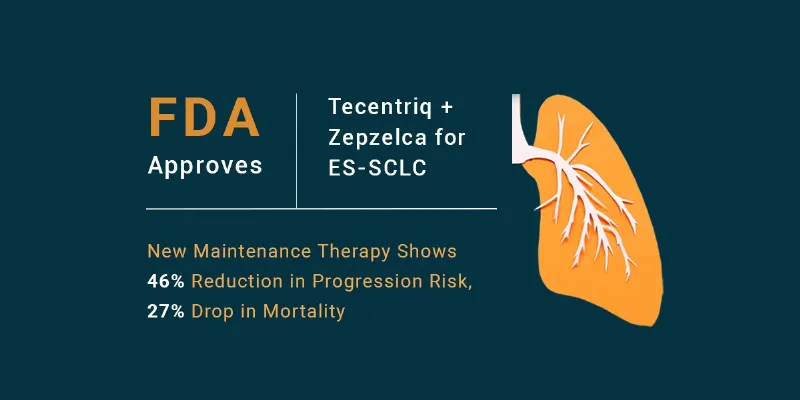
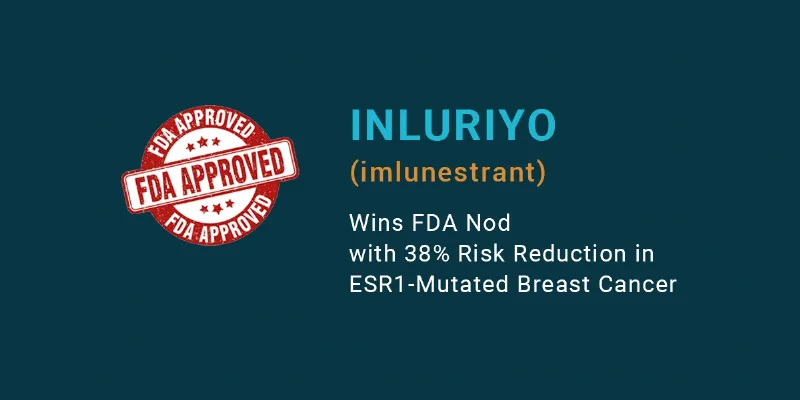


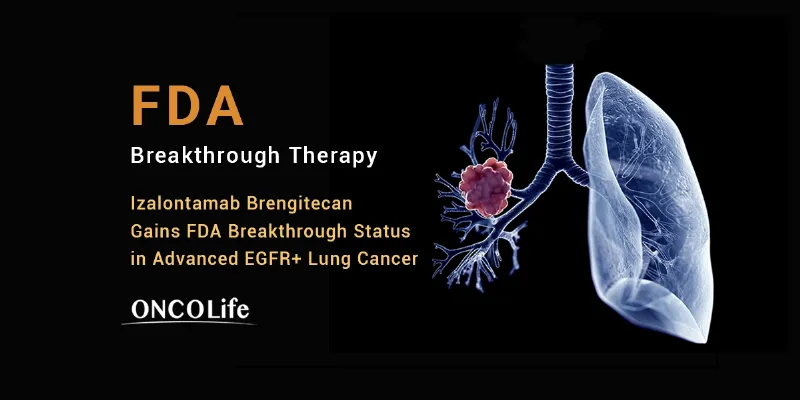
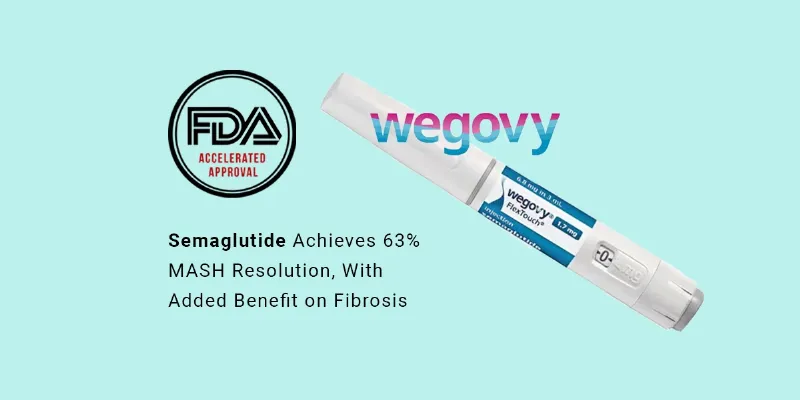
Comments
No Comments Yet!